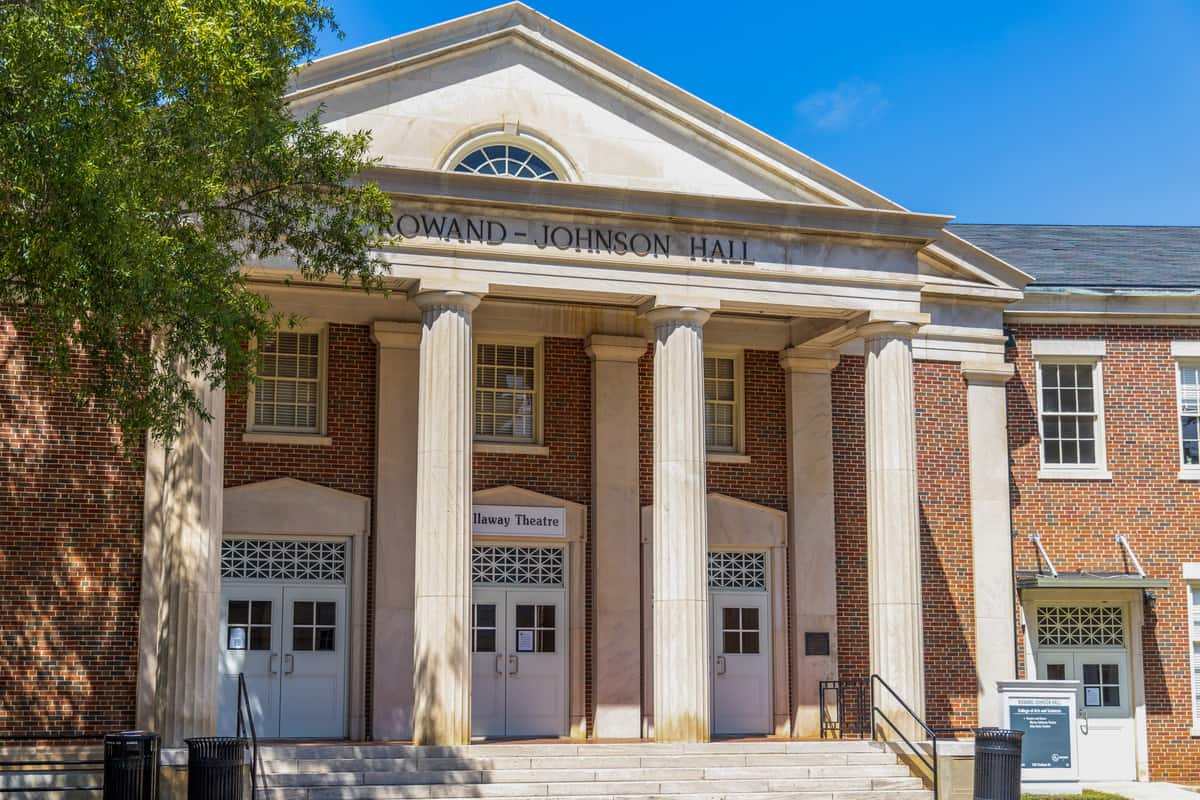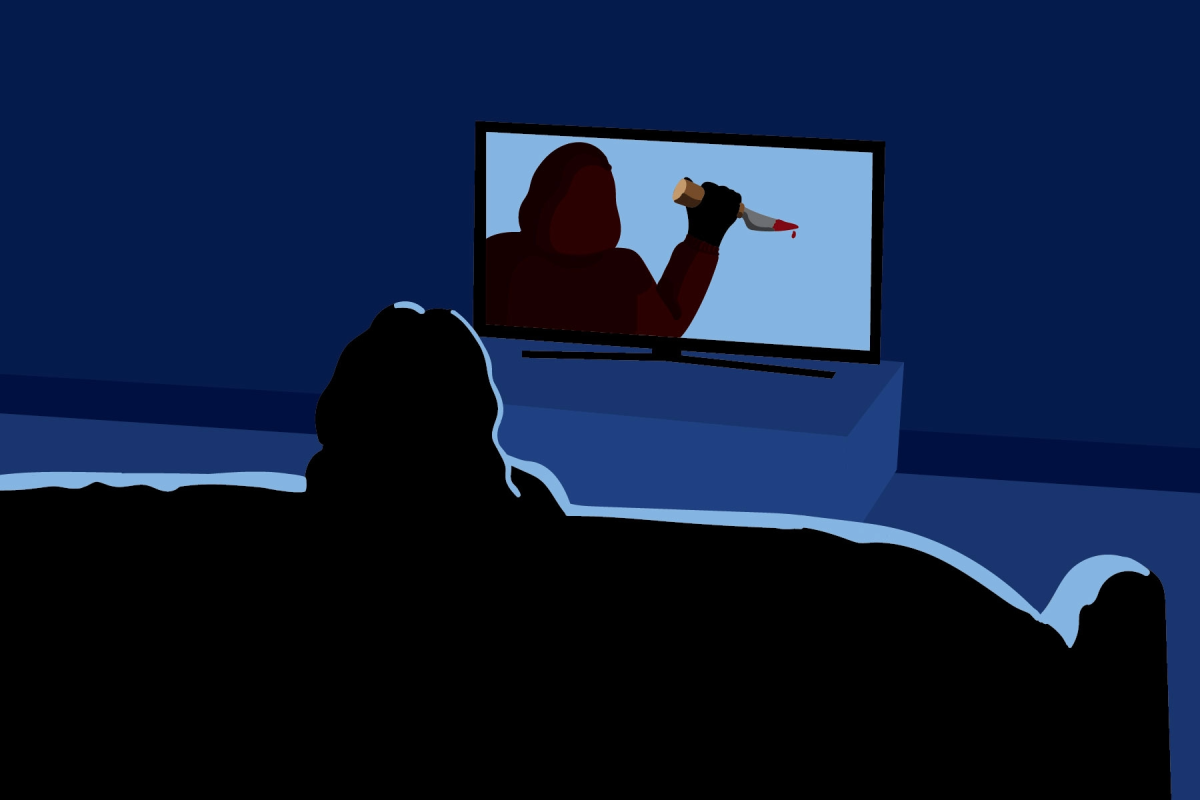Editor’s note (9/29/23): A link was added to clarify information regarding the theater and dance department’s venue and studio usage policy.
There are hundreds of thousands of moving parts on campus at The University of Alabama, a generously funded public learning institute. Buildings go up and down, policies change, and new sidewalks are built as people try to figure out what they will return to when the summer months come to a close.
Only a month into the semester, students in the theater and dance department discovered they would now be expected to pay if they wished to use the Dance Theatre, the Marian Gallaway Theatre or the Allen Bales Theatre. These facilities were free to use in semesters previous, but will now cost upward of $750 for a single day in Allen Bales and $1,000 for Marian Gallaway or the Dance Theatre.
According to the department’s venue and studio usage policy, students can perform auxiliary work for productions at these facilities, which would contribute $15 an hour to the overall price they would be charged for their use of the space. Some of these jobs require appropriate training and won’t be available to all students.
These spaces could be used for rehearsals or student-led shows with little to no interference. Now, students are left with few options. Without having this knowledge before the semester began, students have no time to fundraise such a large sum, with classes and extracurriculars that now have no meeting locations.
I can’t imagine there’s a student who could take on 50-60 hours of work to acquire the space, while also keeping up with the aforementioned tasks. Not only do individual students who want to use these venues become responsible for the high ticket price, but student organizations will also be required to pay the usage fee. The venues must be requested 60 days prior to the booking and can be booked for up to five days. This would have to include multiple rehearsals and only up to three performances.
I believe there is a better method and it’s currently used in the Frank Moody Music Building, which is home to many practice rooms, rehearsal spaces and auditoriums. Instead of paying more money to the University — seriously, what’s the tuition for? — the UA theater and dance department should have students apply for the days and times needed to prepare for and put on their production.
There are guidelines for how far in advance you should book your space, so student recitals must be booked two weeks in advance, free of charge. Events booked by School of Music faculty and students or other UA programs take precedence over those booked by other parties, who are required to pay for the use of the space.
Both schools require acceptance to the University and an audition for admittance. When other students on campus are receiving perks recently revoked from you, it seems as though we’re not valuing all arts the same. Students want to feel like their faculty and staff want to see them succeed, but now there are only feelings of concern and worry. Students can’t rehearse and truly hone their talents like before in a library study room. As surprising as it sounds, the Academy normally doesn’t recognize talents originating in Amelia Gayle Gorgas Library.
The University has been working on the demolition and renovation of Bryce Hospital with bids dating back to 2015 for the project. Along with a new welcome center, reception venue and the necessary administrative offices, this space also boasts more offices and rehearsal areas for theater and dance. Students have been hoping that they will be able to use this building themselves for years, but with newer facilities come even more ludicrous upcharges.
There are passionate students who are ready to share their talents on the stage. Charging outrageous prices for student-oriented venues that have previously served as catchalls for functions within the program will limit students’ success.
Stifling creativity with a dollar sign is no way to promote the arts and will inevitably end the renown the University has been able to gain for their Department of Theatre and Dance.









